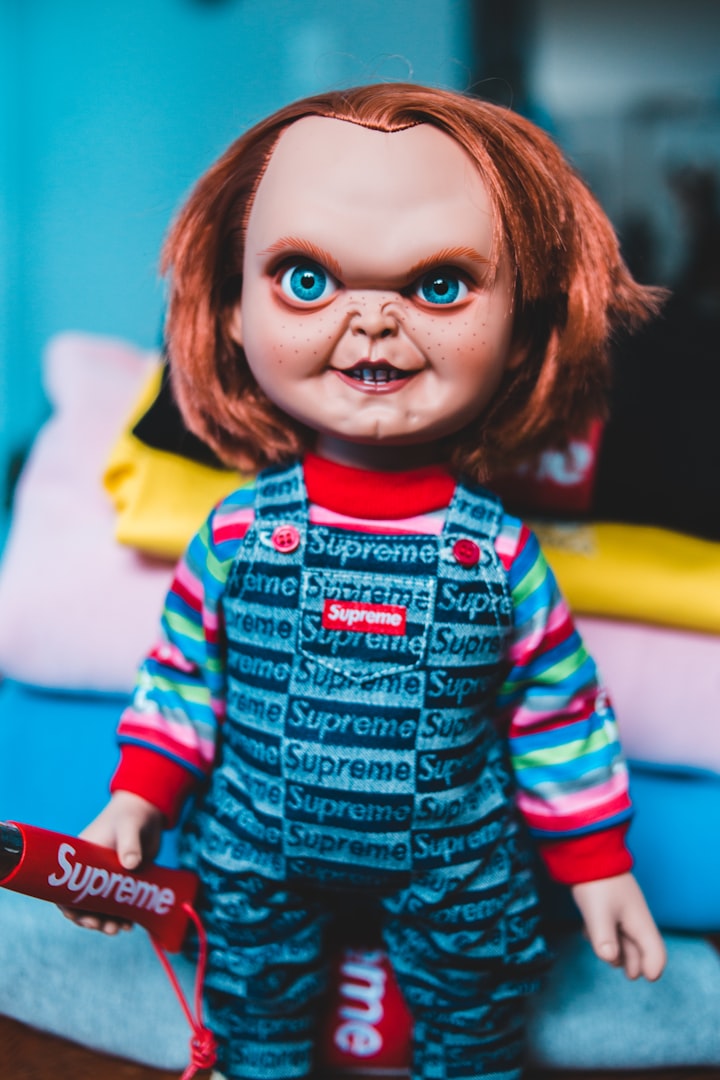When Prejudiced Providers Show Their True Colors
Overt Prejudice among Healthcare Workers Illustrates the Need for Legal Reform

Over the last 20 years or so, a growing number of research articles and media reports have demonstrated that racial discrimination in healthcare is a serious issue. Indeed, discrimination in the healthcare setting is a significant cause of poor quality care among visible minorities in the US, UK, Canada, and other Western countries. This is demonstrated by the shocking racial disparities in quality of care across all medical specialties, as well as the testimonies of patients and healthcare workers of color. Furthermore, the evidence points to a systemic problem, rather than just “a few bad apples.”
Overt Prejudice
The use of racially offensive language among healthcare workers is another illustration of the reality of racial prejudice in healthcare. While there doesn’t appear to be much formal research regarding overt bias among healthcare professionals, there is increasing evidence of this online, as well as (occasional) coverage of the issue by media outlets.

For example, in August 2022, a video was posted on social media showing an apparently intoxicated Mississippi nurse practitioner using racial slurs at what appears to be a social gathering. When this individual’s (now previous) employer, Ovation Wellness was made aware of the video, the situation was taken seriously, and the female nurse practitioner was fired immediately; however, as reported by Midlevel.WTF, it appears that she is still permitted to practice at this time. Given that healthcare settings are places where acting on racial bias could result in serious injury or death, the probability that this nursing practitioner is still treating patients is very concerning. It’s also regrettable that this particular story was ignored by the mainstream media, and doesn’t appear to have received any coverage in the local news.
In another example, the BBC reported on Melanie Hayes, a UK nurse who made racially offensive remarks and used racial slurs over a six year period, while working at two different healthcare locations. According to Metro, when Hayes was in the process of changing jobs, she made the following remarks to a co-worker:
“Hopefully the new job will be better than this one as I will be working with a team of white people… You got a f***ing African who cannot manage a team and a f***ing P*** who cannot make clinical decisions.”
While Hayes admitted to making these comments, incredibly the Nursing and Midwifery Council (NMC), the UK’s regulatory body for nurses and midwives, initially determined that her vile remarks did not warrant more than a six-month suspension. This is despite these statements being made in a healthcare setting, with life-death implications for visible minority patients. However, following an appeal to the High Court, the original decision was overturned and Hayes was struck off the NMC register.
While Hayes’ co-worker reported her racially offensive remarks, it is worth noting that this is not the norm, and for the most part, overt displays of racial bias go unchecked among “work friends.” Thus, for every Melanie Hayes case, there may be one thousand other similarly prejudiced healthcare professionals, at liberty to unleash their racial toxicity onto vulnerable minority patients.
Offensive Twitter Account

The final example that I am presenting here is an openly racist Twitter account belonging to an individual who describes herself as a healthcare professional (MamabearAndrea @AndreaMamabear). The account holder states that she is a “pro-white,” “angry white mom,” who follows back “fellow patriots.” Although the account holder’s tweets are too disgusting to repeat, this individual is interestingly followed by a number of people who describe themselves as nurses or doctors, as illustrated below.

The Tip of the Iceberg
Academic research on the topic of racial discrimination in healthcare indicates that the above-mentioned examples likely represent the tip of the iceberg of closet bigots in the healthcare workforce. Indeed, as alluded to previously, it doesn’t bear thinking about how many thousands more health professionals likely hold similar views but keep quiet, while actively discriminating against patients of color — in a setting that could cost them their lives.
Ultimately, overt prejudice among healthcare workers illustrates the fact that we need so much more than anti-bias training when it comes to addressing the safety, well-being and health of visible minority patients. When racial prejudice and discrimination is systemic, that is, so entrenched that it is baked into the healthcare system, it’s unlikely that diversity, equity and inclusion programs will be enough to tackle this level of toxicity. In order to achieve meaningful racial health equity, legislative reforms are necessary to reduce discretion among healthcare workers, while increasing accountability.
This article was originally published on Medium on 4/9/23
Copyright © 2023 Clare Xanthos — All Rights Reserved.
About the Creator
Clare Xanthos
Writer, scholar and researcher specializing in racial equity, racial health equity and racial justice. Co-editor of: "Social Determinants of Health among African-American Men." PhD in Social Policy (London School of Economics).






Comments
There are no comments for this story
Be the first to respond and start the conversation.